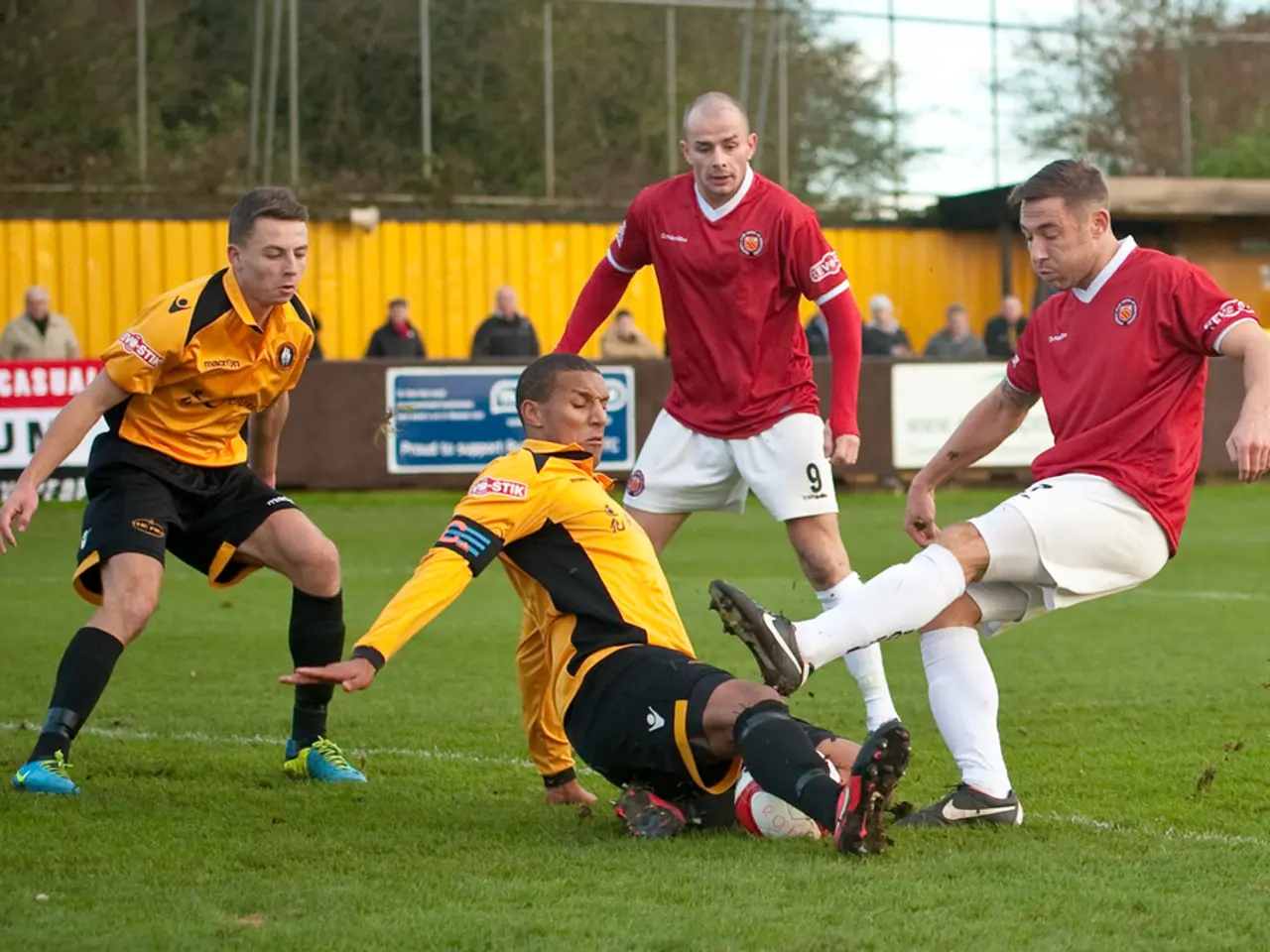Characteristics of an Ideal Team Player: 21 Essential Traits
In the world of business and beyond, a successful team is the backbone of any organisation. So, what makes an ideal team player? A manager looking to build a high-performing team should prioritise team members who demonstrate clear communication, collaboration, trustworthiness, and problem-solving skills.
Effective communication is the bedrock of any successful team. Members should share thoughts honestly, listen effectively, and communicate ideas confidently, clearly, and politely. This fosters transparency and mutual understanding, promoting a cohesive team environment.
Collaboration and teamwork are essential for any successful team. Team members should be able to work well with others, contribute to group goals, and respect diverse perspectives. This fosters cohesiveness, boosting creativity and problem-solving abilities.
Trust and reliability are crucial components of any successful team. Team members need to be dependable and create a trusted atmosphere within the team. Each member should understand their role clearly and be accountable, contributing effectively to the team’s objectives.
Problem-solving and decision-making skills are vital for any successful team. Team members should be able to analyse challenges, consider alternatives logically and creatively, and implement solutions that advance the team’s goals.
A good team player is open to feedback and works to offer constructive feedback to become a better team player. They value diversity of skills and perspectives, as this boosts creativity, problem-solving, and overall effectiveness by leveraging diverse talents and experiences.
Patience and optimism are important qualities for any successful team player. Members who demonstrate patience with processes and challenges, while maintaining a positive outlook, help sustain morale and progress.
A strong team player is a good listener, fully engaging with what the speaker is saying and responding appropriately. They are generous, willing to go above and beyond when needed, and appreciative of their colleagues' successes.
Conflict resolution skills are essential for any strong team player. They quickly identify issues as they come up and help resolve conflicts before they have a chance to escalate into major problems.
A good team player takes initiative, anticipating the needs of the team, seeking out ways to contribute to the group's success, and thinking outside the box to come up with creative solutions.
Effective team players have strong problem-solving skills, able to identify and address any problems that may arise, find solutions, and make decisions quickly and objectively.
A great team player accomplishes the work of the team, strengthens the team's capabilities, and fosters the well-being of individual teammates. They are willing to help out their teammates when needed, regardless of the task's relation to their own responsibilities.
Cooperation is vital for any team's success. It involves working collaboratively towards common ground, sharing ideas, communicating effectively, and trusting one another.
Self-awareness is crucial for an outstanding team player. They know how to best use their skills and team player qualities, take responsibility for their actions, and understand how their behavior affects others on the team.
In summary, effective team members combine interpersonal skills, role clarity, problem-solving ability, and a collaborative, growth-oriented attitude. A strong leader who fosters these qualities through clear vision, encouragement, and support strengthens the entire team’s performance.
Engaging in education-and-self-development and personal-growth can equip team members with the necessary skills for career-development. By focusing on self-awareness and emotional intelligence, they can improve their interpersonal skills to better cooperate and communicate within the team. A leader who actively encourages this growth can foster a high-performing team, enabling them to solve problems effectively and contribute to the organization's finance and business success.




